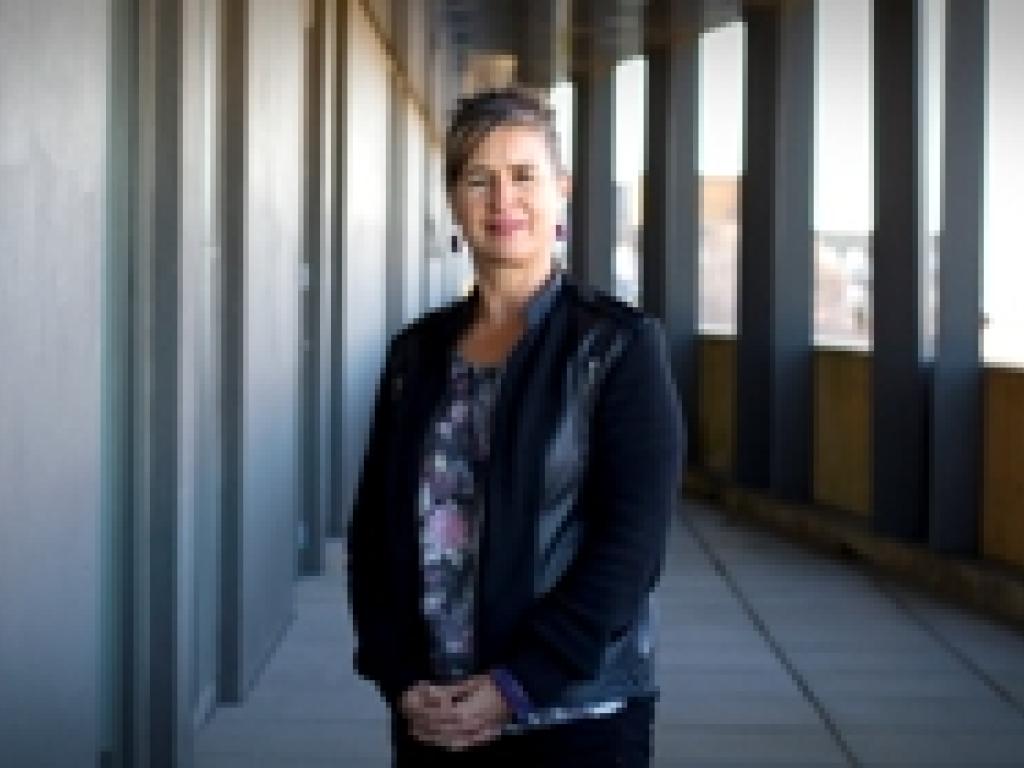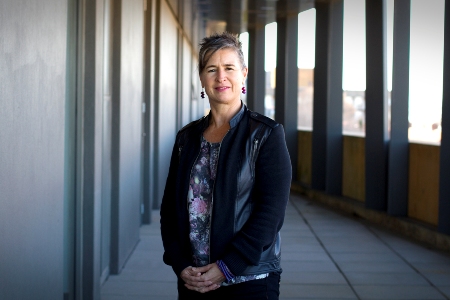Lewis leads the way among raft of awards


Prof Alison Lewis, the first woman dean of the Faculty of Engineering & the Built Environment and winner of this year’s Distinguished Woman Scientist – Research and Innovation award.
Professor Alison Lewis was one of four UCT winners at the annual Department of Science and Technology’s Women in Science Awards (WISA) held in Johannesburg on 11 August. Dr Muthoni Masinde received the Distinguished Young Women Researchers – Research and Innovation award while Belinda Speed and Xolisile Thusini took home the DST Doctoral Scholarship and the Tata Africa Master’s Scholarship respectively.
The awards are part of government’s efforts to recognise and reward the achievements of South African women in science and research.
The theme for the awards was Women’s empowerment and its link to sustainable development, which is the 2016 priority theme for the United Nations Commission on the Status of Women.
In her introductory speech, minister of Science and Technology, Naledi Pandor, said: “The Women in Science Awards is not only a special event. It also makes a more subtle contribution. It allows young women to dream of a life in science.”
By profiling women scientists and researchers as role models, the awards encourage younger women to join and remain in science-related careers.
Professor Alison Lewis
Lewis, dean of UCT’s Faculty of Engineering & the Built Environment, was awarded the Distinguished Woman Scientist – Research and Innovation award for her overall contribution to research and innovation in the physical and engineering sciences.
Her longstanding interest in water and water treatment in an increasingly water-scarce South Africa led to her research into the treatment of acid mine drainage. This resulted in a process called eutectic freeze crystallisation, which converts contaminated mine water into clean potable water.
The process involves freezing fresh water out of the hyper-saline brine which makes up acid mine drainage before separating out the individual salts by freezing them at individual (eutectic) temperatures. The process has advanced to the point where it is being commercialised – with a plant being implemented at Coaltech’s Optimum Colliery in Mpumalanga and another in the pipeline for Eskom.
Lewis and her team were rewarded for this research last year when they won the special Knowledge Tree Award from the Water Research Commission for “new products and services for economic development”.
Lewis is also a finalist for the Standard Bank Top Women in Science award, which is a collaborative platform dedicated to recognising outstanding leadership, inspiration, vision and innovation within the private and public sectors.
The winners of the Standard Bank award will be announced on 18 August.
Story Pete van der Woude.
